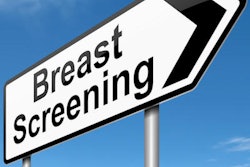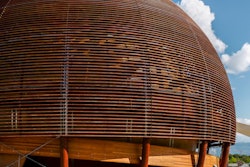Dear AuntMinnieEurope Member,
Most observers agree that lung cancer screening with CT is in desperate need of reliable, large-scale data that prove its effectiveness. No doubt the organizers of the Dutch-Belgian Randomized Lung Cancer Screening (NELSON) trial are hoping they've provided conclusive new evidence this week.
The eagerly anticipated final results of the trial were published on 29 January in the New England Journal of Medicine. What were the key findings? Find out in our CT Community.
Prof. Mathias Prokop, PhD, was closely involved in the NELSON trial. Earlier this week, we revealed that he is one of two finalists for the Most Influential Radiology Researcher category in the EuroMinnies 2020 awards scheme. The other finalist is Prof. Christiane Kuhl, PhD, so our judges have a very tough job ahead of them. Make sure you read about our full list of finalists.
Another hot topic in global healthcare is the coronavirus outbreak. Chinese authors have published an authoritative article in Lancet about the epidemiological and radiological characteristics of the novel virus. They have also addressed the clinical outcomes of the first set of infected individuals. Don't miss our news report.
Since late October, many of you have avidly followed our coverage of the serious MRI accident in Swedish Lapland. It now looks like the specialist nurse injured in the incident will be sued. Go to the MRI Community, and keep logging on for further updates.
Visualizing 3D models based on imaging data is feasible on a smartphone. In a new article, researchers from Spain present a fully detailed method for clinicians to be able to create and view patient-specific 3D anatomical models using a combination of augmented reality and 3D printing technology.
Also in the Advanced Visualization Community, you can learn how a team of archaeologists, medical physicists, and engineers from the U.K. and Germany used CT scans of a mummy and 3D printing to recreate the voice of an ancient Egyptian priest.



















